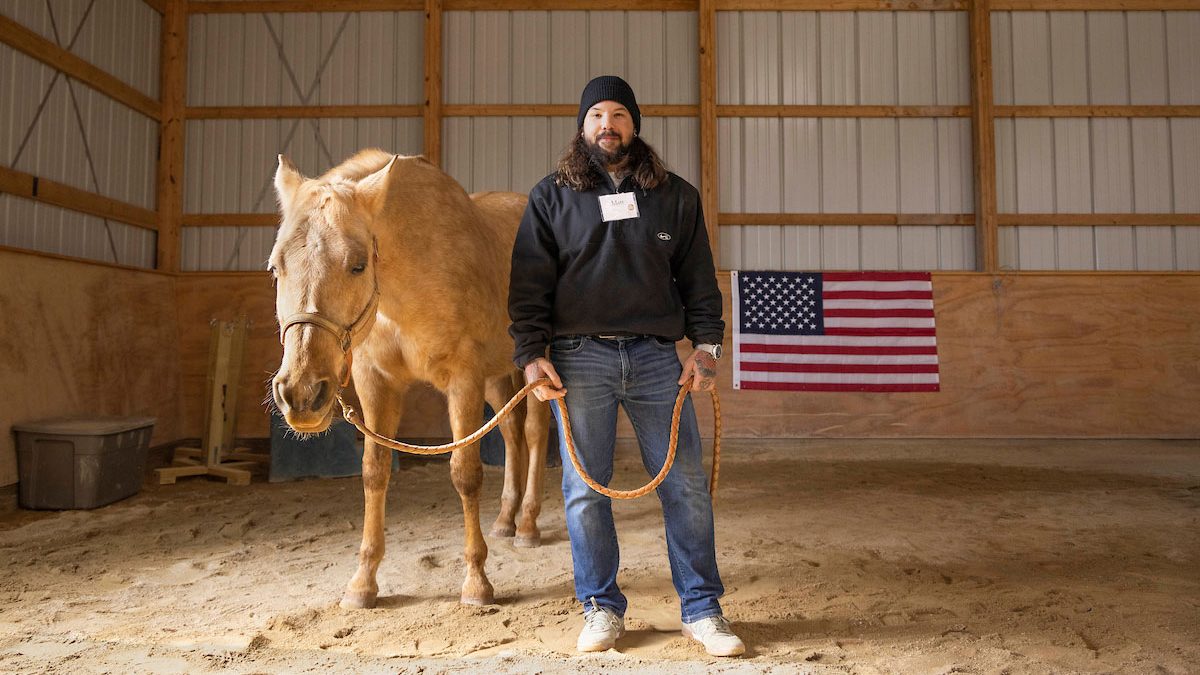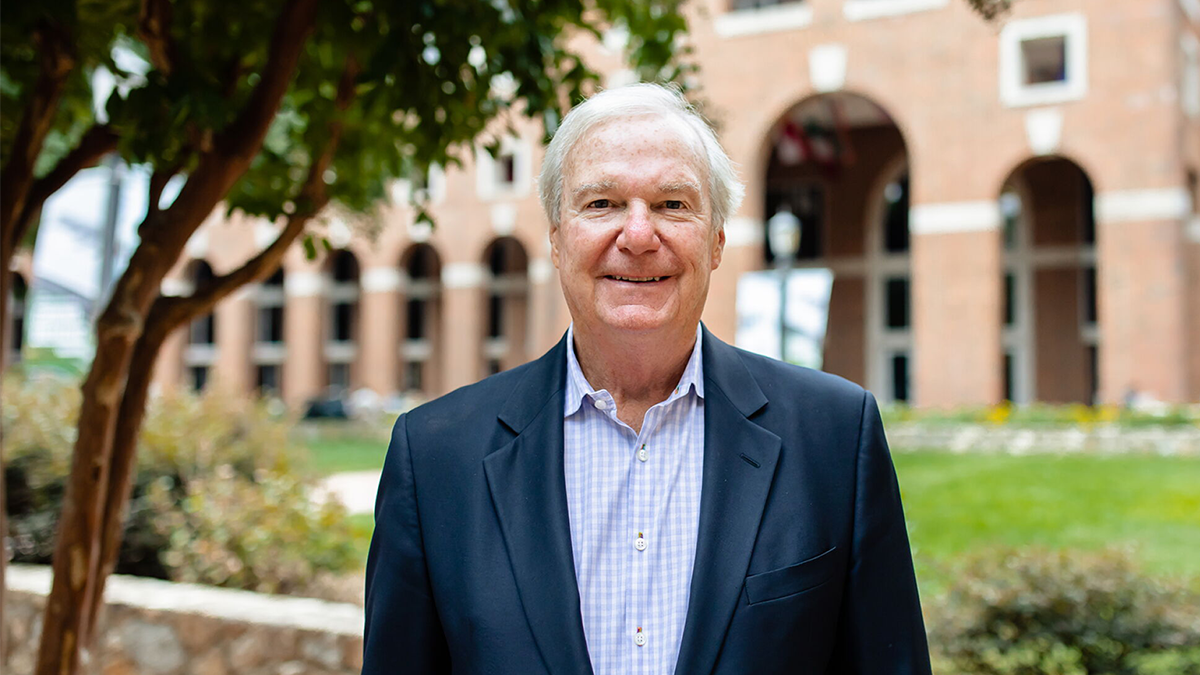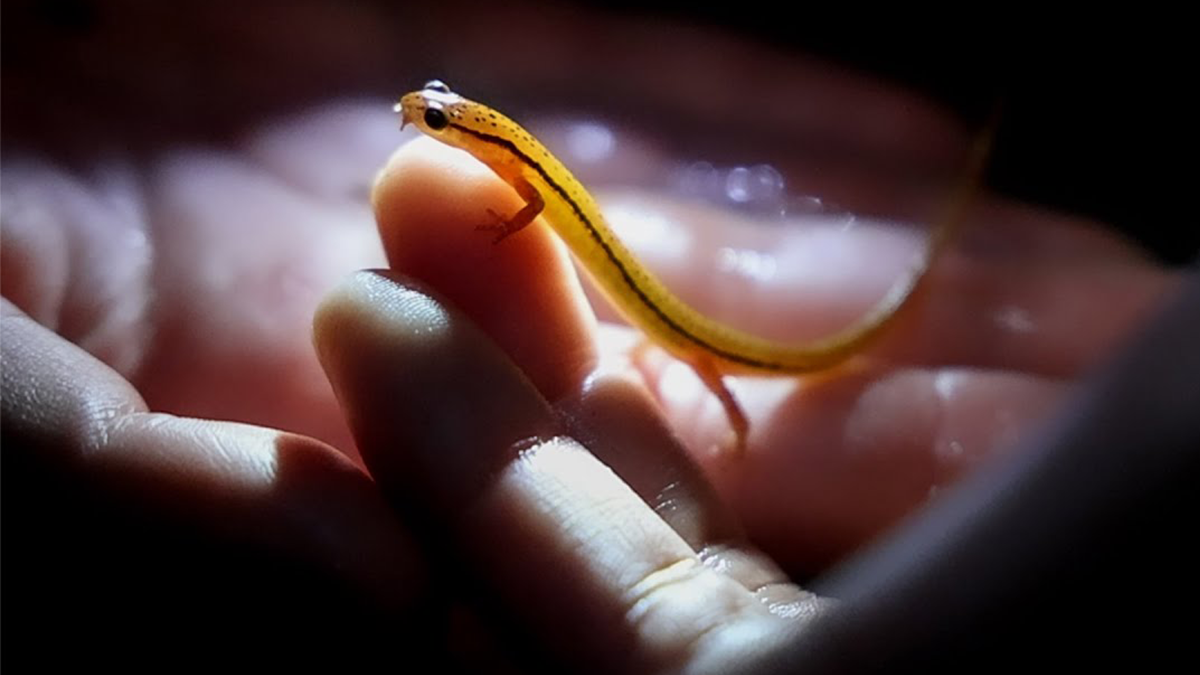Crucial Study for Child COVID
Published on November 1, 2022New research makes the case for children’s COVID boosters

New research makes the case for children’s COVID boosters
Danyu Lin, PhD, Dennis Gillings Distinguished Professor of Biostatistics at the UNC Gillings School of Global Public Health, led research recently published in the New England Journal of Medicine (NEJM) that assesses the level of immunity conferred by COVID-19 vaccination or previous SARS-CoV-2 infection among children. The findings provide crucial information for making decisions about vaccine boosters for children.
The researchers used the North Carolina surveillance data on 887,193 children ages 5–11 years for whom information on vaccination, SARS-CoV-2 infection, hospitalization and death was collected. Using an extension of the Cox regression model, the study team formulated the effects of the BNT162b2 vaccine and previous infection with SARS-CoV-2 on the rate of subsequent infection during the spread of Omicron.
They found that two doses of vaccine provided effective protection, but that protection waned over time, and very significantly, during a time that coincided with the spread of the Omicron variant. Among previously uninfected children, vaccine effectiveness reached 63% at four weeks after the first dose and decreased to 16% at 16 weeks; among previously infected children, vaccine effectiveness reached 70% at four weeks after the first dose and decreased to 22% at 16 weeks.
“Both the BNT162b2 vaccine and previous infection were found to confer considerable immunity against omicron infection and protection against hospitalization and death,” said Lin. “The rapid decline in protection against Omicron infection that was conferred by vaccination and previous infection provides support for booster vaccination.”





